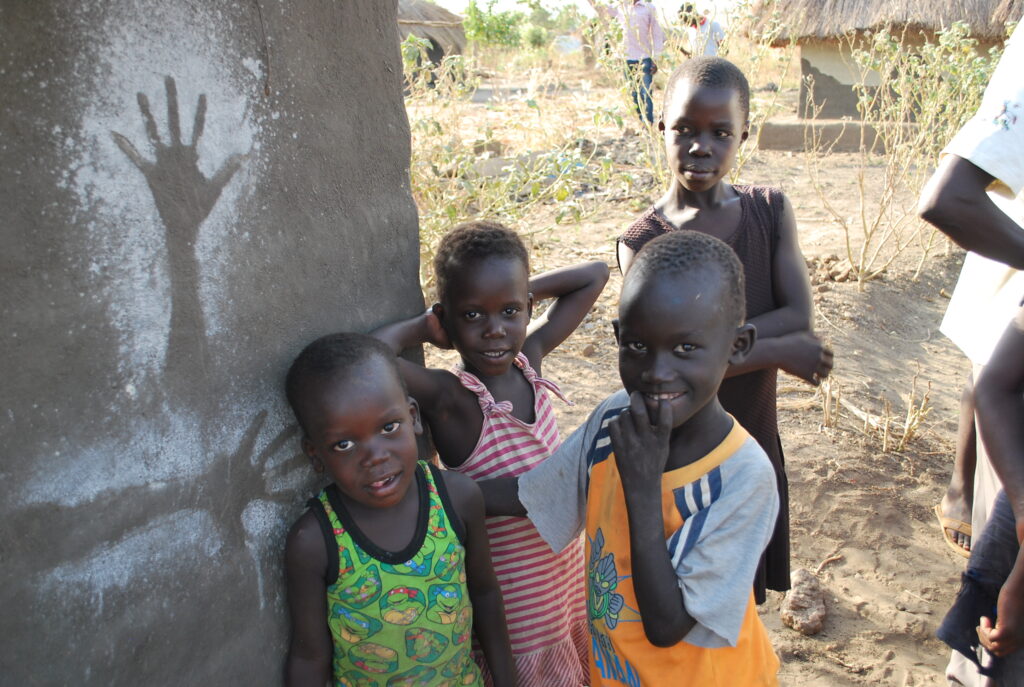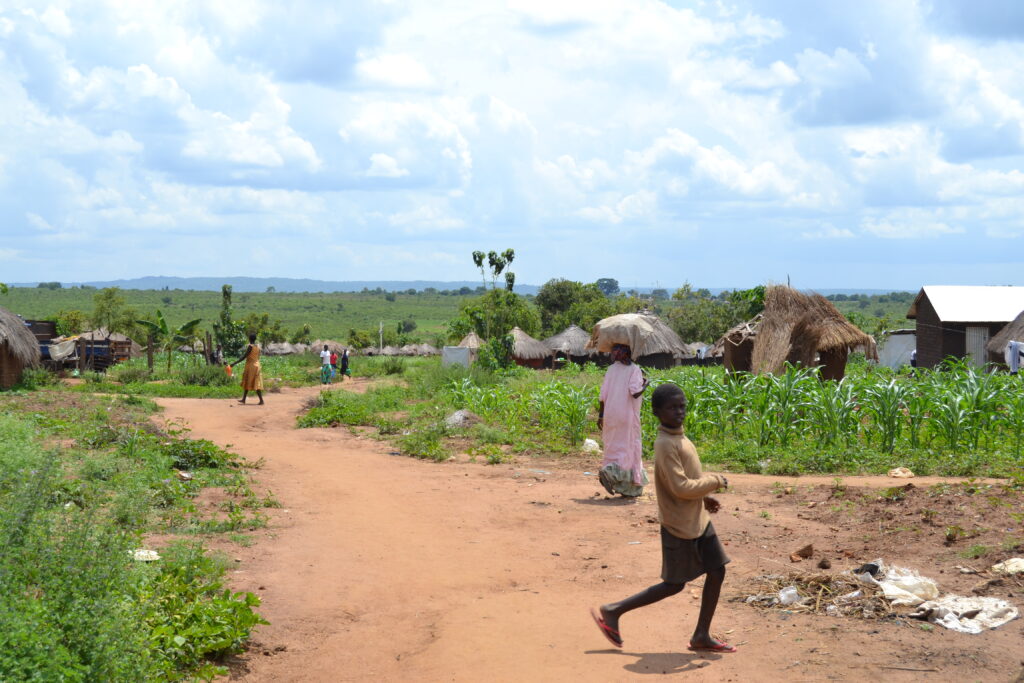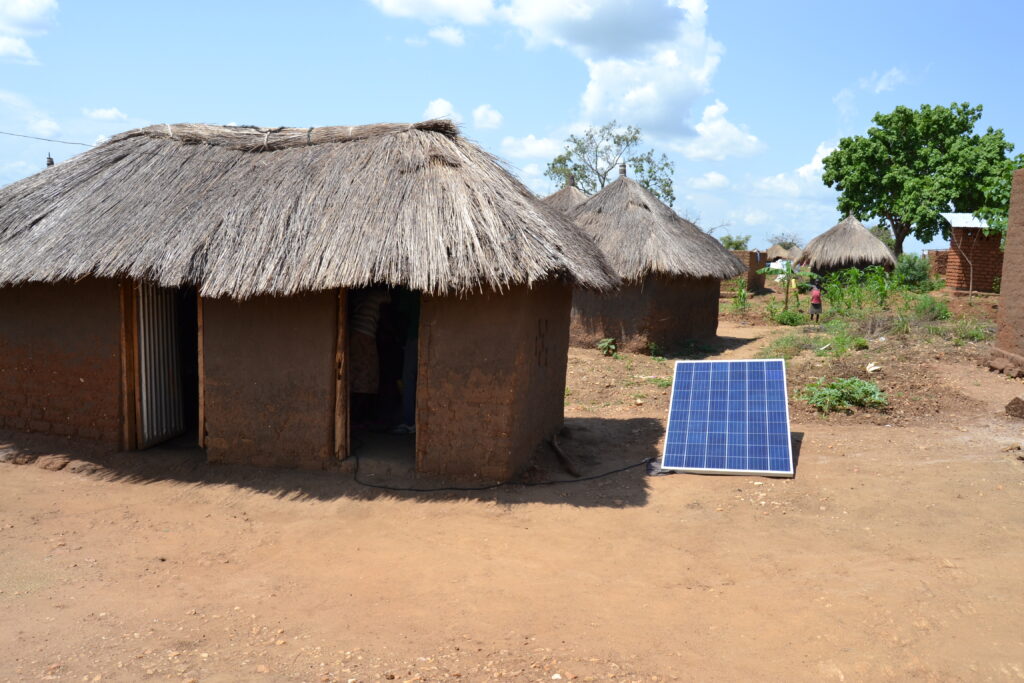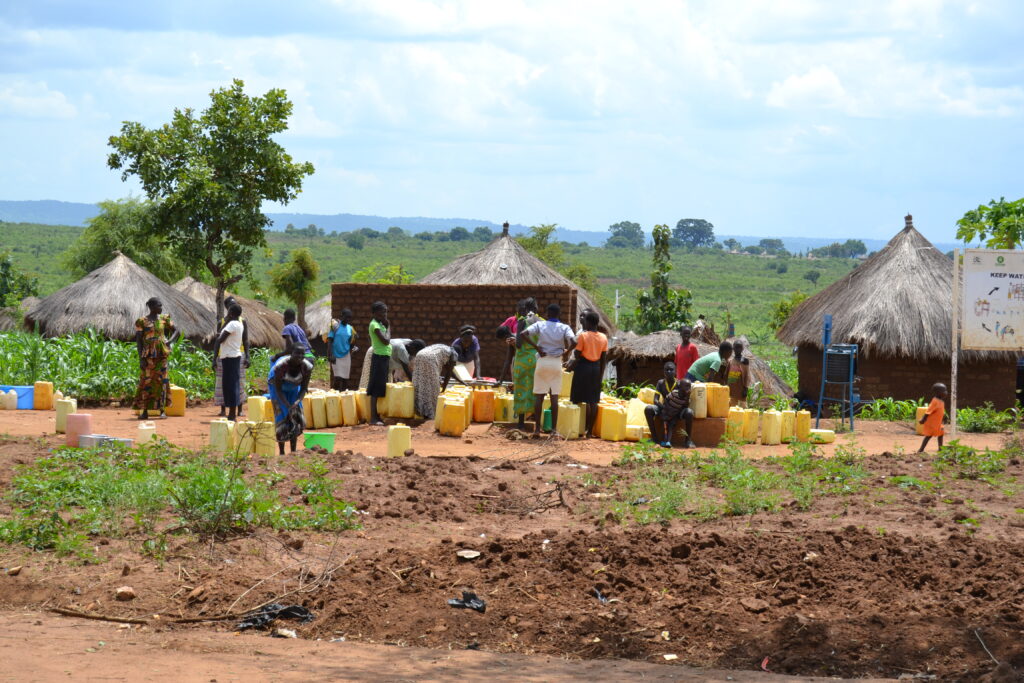How does the ECOCA contribute to quality education?
Sustainable Development Goal Nr. 4 as formulated by the Untited Nations aims to “Ensure inclusive and quality education for all and promote life long learning”. (SDG tracker)
Though the connection between solar cooking and access for children to primary / secondary school may seem like a far stretch at first, there are clear relations for refugee families between having access to an ECOCA solar electric cookstove and sending their children to school.
Basic literacy and numeracy skills are the cornerstones for development, both personally and for society. Being able to read and write as the outcome of basic primary education is necessary to be eligible for jobs, stay informed about current developments, and keep track of ones personal journals, contracts and income. Although globally literacy among all age groups has increased significantly over the past decades, still 14% of the worlds population, mainly central African countries, especially women and girls lack access to education. (ourworld in data)
Since conventional cooking methods used by refugee families in Uganda and other central African countries take up a lot of tangible and intangible resources, there are several ways in which switching to an ECOCA solar electric cookstove contributes to the overall goal of making basic education available for every child:
1.Time saved from collecting firewood – children have the time to attend class
When switching from cooking over open fire to the ECOCA solar cookstove, no collection of firewood is necessary, saving families an average 7.25 hours weekly from fetching firewood.
As it is common that children participate in collecting firewood, they are often not able to attend class, which results in lacking behind in school which in turn leads to missing out on lectures even more.
By saving this significant amount of time each week, children can instead attend class and keep on track with both school work as well as be around fellow students.
2. Money saved – parents can afford sending their children to school
School materials and education after primary school can be very costly and being able to afford them is a determining factor for the future and education of many children.
Expenditures saved from buying firewood / charcoal, as well as additional income generated through jobs attended especially by females instead of collecting firewood or running the household the entire day, can be spent on education for children.
3. Lighting homes at night – possibility to study after dark
As the ECOCA solar cookstove comes with a light bulb and torch that can be charged directly from the stove, families can light their homes at night, making it possible for children to read and study also after sunset.
Through the combined benefits explained above, the ECOCA can be said to contribute to factors that promote SDG indicator 4.1.1 “Achieving proficiencyin reading and mathematics” by increasing the “proportion of children and young people in grades 2/3 at the end of primary; and at the end of secondary achieving at least a minimum proficiency level in reading and mathematics by sex”, as well as indicator 4.2. “Equal access to quality pre-primary education”, and 4.6. “Universal literacy and numeracy”.
References:



